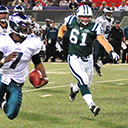
Dreary Meetings: A Year Inside the NFL
Nicholas Dawidoff’s Collision Low Crossers will stand as its era’s exemplary document of how the National Football League is consumed. And he has used it to write a story almost all about the coaches.


Nicholas Dawidoff’s Collision Low Crossers will stand as its era’s exemplary document of how the National Football League is consumed. And he has used it to write a story almost all about the coaches.

Special guest Heather McGhee of Demos responds to the President’s address with policy solutions that could alleviate income inequality and joblessness. Meanwhile, working people take action against inequality at the grassroots level.

Fast food work has long been synonymous with bad working conditions and crummy pay—but beginning in the fall of 2012, it had also become synonymous with widespread labor unrest.

Japan’s wide-ranging new Secrets Act imperils the central tenets of the country’s democracy—the right to know, the right to a free press, the right to privacy. For many, the broad possibilities of the new law evoke memories of the 1930s, an era known in Japan as the “Valley of Darkness.”

The rhetoric last summer at commemorations of the fiftieth anniversary of the March on Washington was quite different from that heard at the original march in 1963. Instead of celebrating the great march, the anniversary events sounded a plea for a new civil rights movement. Largely missing from that call, however, was the strong prophetic voice of black religion.

This week, the Supreme Court heard arguments in Harris v. Quinn, a case that could break public-sector unions around the country. Sarah and Michelle talk to Eileen Boris and Jennifer Klein, the authors of Caring for America: Home Health Workers in the Shadow of the Welfare State, about the case, the formation of home care workers’ unions, and the potential ramifications for all public sector workers.
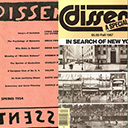
A history of Dissent magazine, by Maurice Isserman.
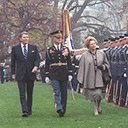
“The owl of Minerva,” Hegel famously wrote, “flies only at dusk”: historical events can be theoretically comprehended only in retrospect. Is this the case with neoliberalism? A term ubiquitous in the academy but scarcely used outside it, the concept is difficult to define with precision. Two recent books attempt to describe neoliberalism’s historical origins and explore its current political implications.
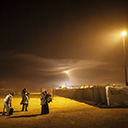
The military conflict inside Syria and the political negotiations between the government, rebels, and their respective allies are often treated as separate issues, with the refugee crisis merely a tragic outcome of the crisis inside the country. But the refugee flight, the experience of displacement, and the long-term solutions to the crisis are likely to redraw the region’s political map.
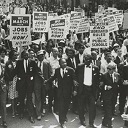
Few are aware that Martin Luther King, Jr. once applied for a permit to carry a concealed handgun. In his 2011 book Gunfight, UCLA law professor Adam Winkler notes that, after King’s house was bombed in 1956, the clergyman applied in Alabama for …

Sarah and Michelle talk with Max Fraser about new tactics in labor militancy, which he explores in his new article in Dissent. Plus: standoff over unemployment benefits in Congress, changes in the ranks of the Chicago teachers’ union, expanded pre-Kindergarten in New York, and worker uprisings in Cambodia.

What intellectual obituaries reveal about our times. “When the attention to intellectual production goes, so too does our ability to understand the equally fraught process of intellectual reception. And what goes missing is the story of intellectual labor as labor and how that labor has been a force in history.”
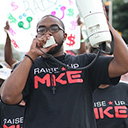
An early defeat and a year-old victory have put energy and urgency into the effort by American trade unionists to launch what AFL–CIO president Richard Trumka has declared a “new strategic initiative.”

This week, a special discussion of Sarah’s investigation into temping in manufacturing. Plus, SeaTac’s fight for $15 an hour, Portland teachers’ fight for a fair contract, and Congress’s fight over whether the unemployed should get their benefits, and a labor uprising in South Korea.
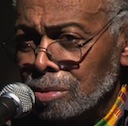
In 2002, Scott Sherman published this essay on Amiri Baraka. “Yet Baraka still has the power to surprise us.”